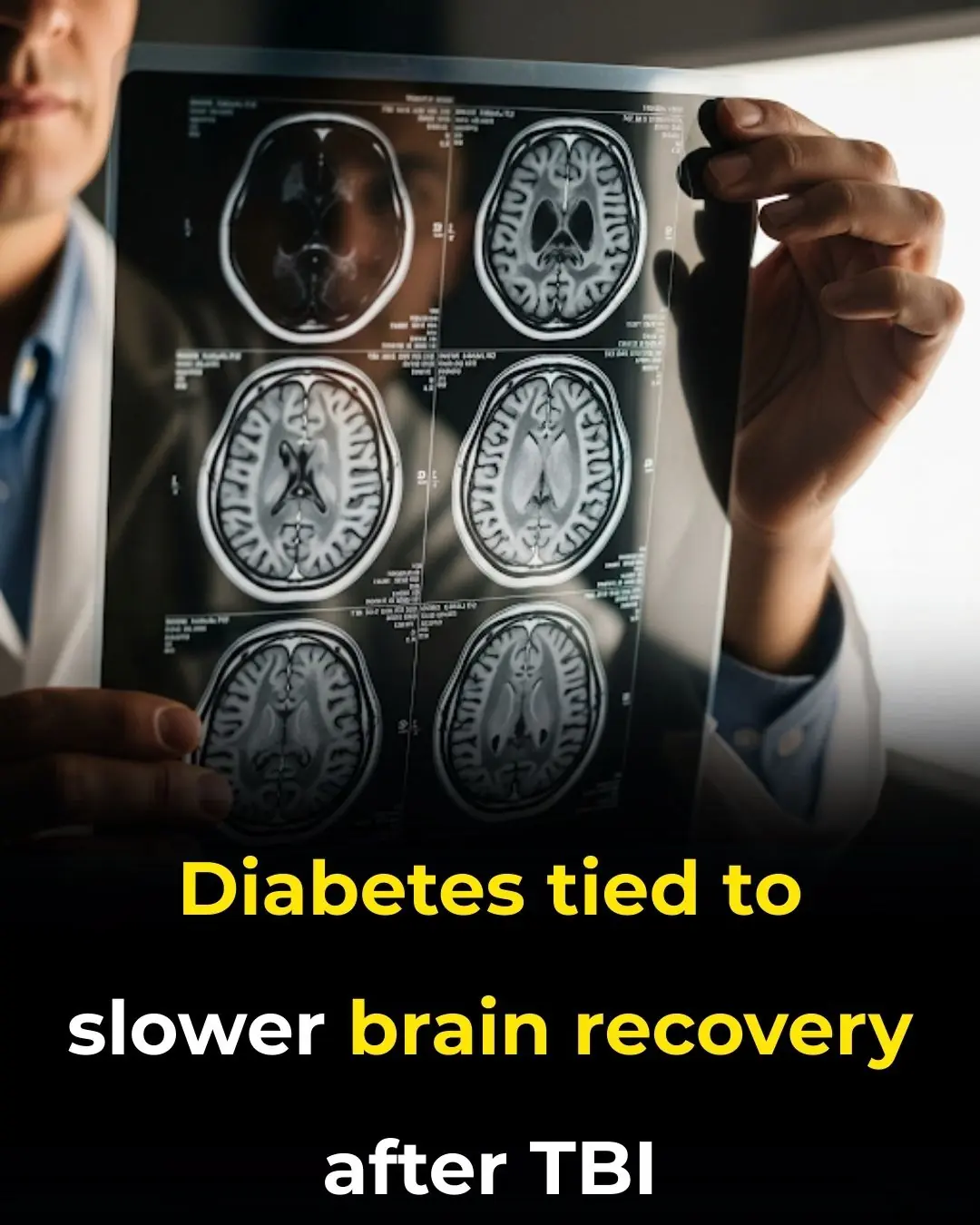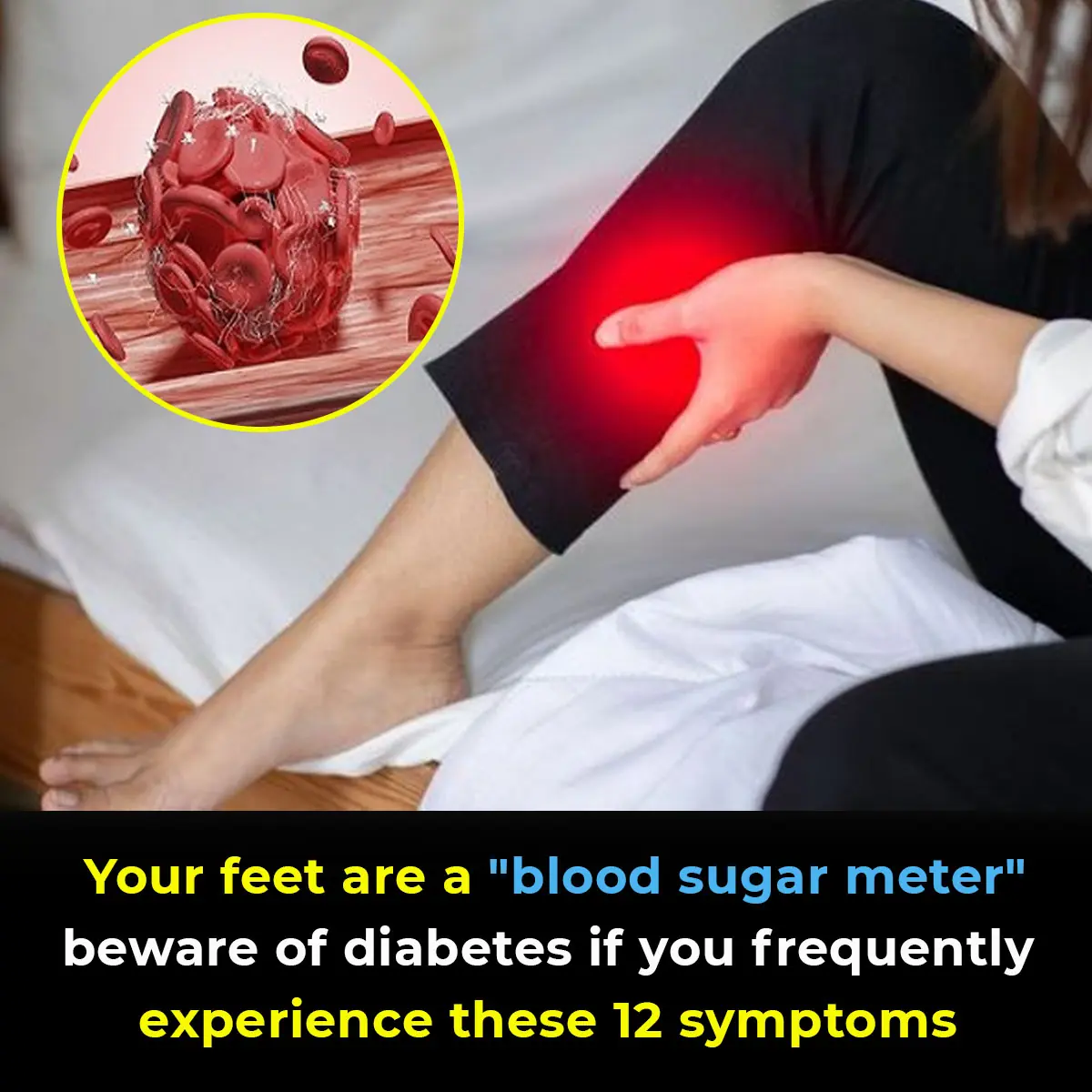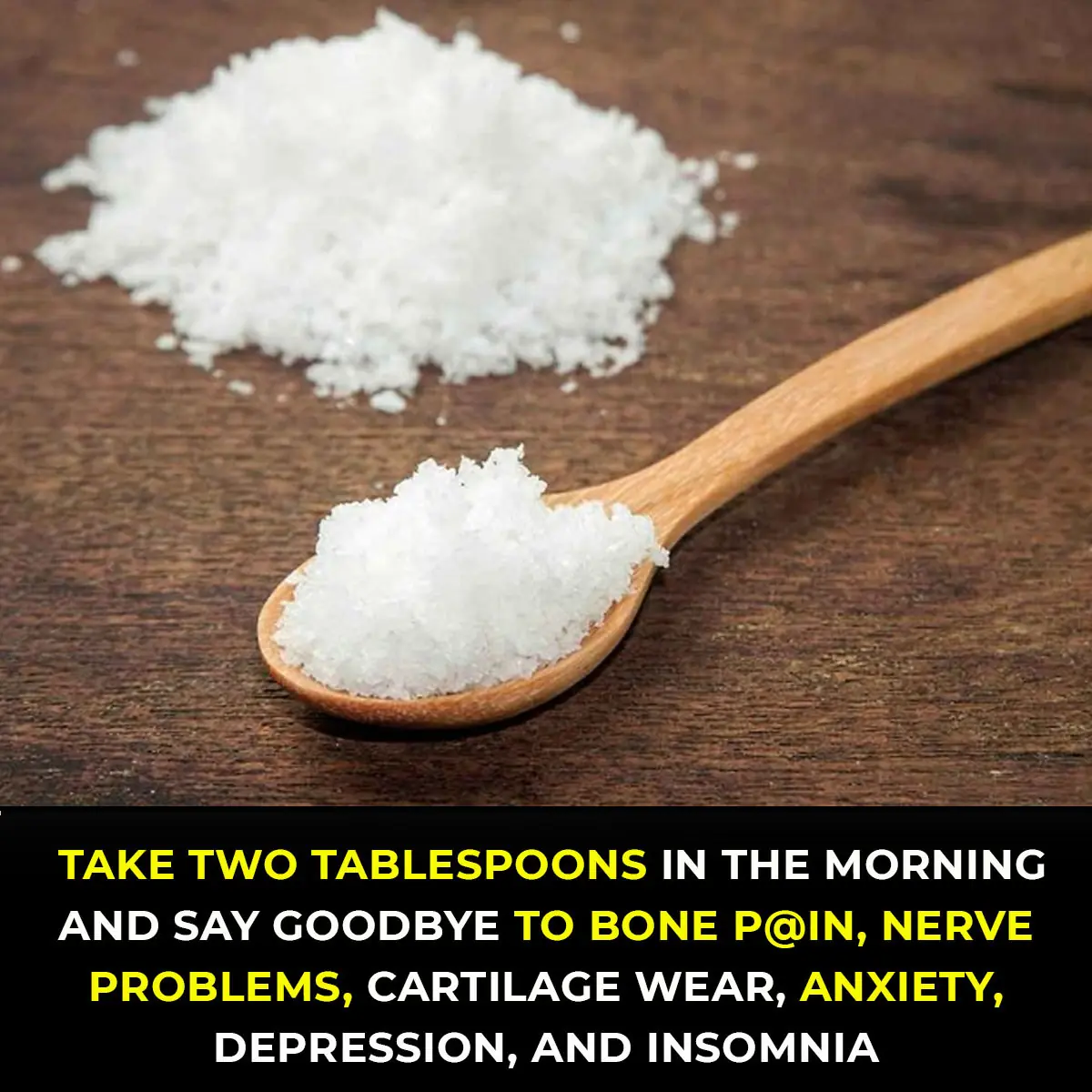
5 Common Deficiencies That Can Mess With Your Mood, Energy, and Health
In our busy modern lives, we often focus on work, responsibilities, and convenience, sometimes at the expense of our own well-being. One major but often overlooked factor that significantly impacts our mental and physical health is nutritional deficiency. When your body lacks key nutrients, it doesn’t just affect your physical state — it also influences your energy levels, mood, cognitive function, and long-term health. Here are five common deficiencies that can seriously mess with your overall well-being.
1. Vitamin D Deficiency
Vitamin D, often called the “sunshine vitamin,” plays a critical role in bone health, immune function, and mood regulation. It’s produced in the skin in response to sunlight, but many people don’t get enough due to indoor lifestyles, sunscreen use, or living in areas with little sun. A deficiency in vitamin D has been strongly linked to fatigue, depression, muscle weakness, and frequent illnesses. Studies show that low vitamin D levels are common in people with mood disorders like seasonal affective disorder (SAD) and even major depression. Fortunately, this deficiency is easily addressed with responsible sun exposure, dietary changes (like eating fatty fish, fortified dairy, and eggs), or supplements.
2. Iron Deficiency
Iron is essential for producing hemoglobin, the protein in red blood cells that carries oxygen throughout your body. When you don’t have enough iron, your body can’t produce enough healthy red blood cells, leading to iron deficiency anemia. Symptoms include extreme fatigue, shortness of breath, pale skin, and even irritability. Iron deficiency is especially common in women of childbearing age due to menstruation, as well as in people who follow vegetarian or vegan diets. To prevent or treat this deficiency, you can eat iron-rich foods such as red meat, lentils, spinach, and fortified cereals, or take iron supplements if recommended by a healthcare provider.
3. Vitamin B12 Deficiency
Vitamin B12 is crucial for nerve function, red blood cell production, and DNA synthesis. A deficiency can lead to fatigue, memory problems, difficulty concentrating, numbness or tingling in the hands and feet, and even mood changes such as depression or anxiety. B12 deficiency is most common in older adults and in people who follow a vegan diet, since B12 is primarily found in animal products. If you suspect a B12 deficiency, it’s important to get tested and consider dietary changes or supplements, including B12 injections in severe cases.
4. Magnesium Deficiency
Magnesium is involved in hundreds of biochemical reactions in the body, including muscle and nerve function, blood glucose control, and energy production. A deficiency in magnesium can cause muscle cramps, fatigue, irritability, anxiety, and sleep problems. Modern diets that rely heavily on processed foods tend to be low in magnesium, which is naturally found in leafy greens, nuts, seeds, whole grains, and legumes. If you’re feeling constantly tired or anxious, a magnesium deficiency might be a contributing factor worth investigating.
5. Omega-3 Fatty Acid Deficiency
Omega-3 fatty acids, especially EPA and DHA, are essential for brain health, reducing inflammation, and maintaining heart health. A lack of these healthy fats can lead to mood swings, depression, brain fog, and fatigue. Most people don’t consume enough omega-3s, especially if their diet lacks fatty fish like salmon, mackerel, or sardines. Supplementing with fish oil or including more plant-based sources like flaxseeds and chia seeds can help restore balance.
Conclusion
Your mood, energy, and health are deeply connected to what your body receives nutritionally. Even subtle deficiencies can have a big impact on how you feel and function day-to-day. If you’ve been experiencing unexplained tiredness, low mood, or mental fog, it might be worth exploring whether you’re missing any of these essential nutrients. With proper diet, lifestyle changes, and, when necessary, supplements, you can regain your energy, lift your mood, and improve your overall health.
News in the same category


10 Early Warning Signs Your Blood Sugar Is Way Too High

If Your Legs Cramp at Night You Need to Know This Immediately

Warning Signs Your Body Is Full of Parasites and How to Effectively Eliminate Them Naturally

Warning Signs of a Parasite Infection And How to Eliminate It for Good

What Raw Garlic Can Do for Your Health Is Truly Unbelievable

Diabetes Tied to Slower Brain Recovery After TBI

Neuropathic Pruritus Has High Comorbidity Burden, Varied Treatment Responses

Unlock Your Body's Healing Potential: The Power of Reflexology for Pain Relief and Wellness

Medicinal Health Benefits of Turmeric, Curcumin and Turmeric Tea Based on Science

How to Use Tea Bags to Fight Acne, Cold Sores, Warts, Puffy Eyes, Bruises and More

Healing Power And Important Safety Tips Of Castor Leaves

How to Treat H. Pylori (Helicobacter Pylori) Naturally Without Antibiotics

12 Warning Signs Your Blood Sugar Might Be Too Low

Be Careful If You’re Farting More Than 25 Times a Day—It Might Be a Sign Your Body is Trying to Warn You

10 Warning Signs Sugar Is Slowly Wrecking Your Body

10 Cancer Warning Signs Women Often Overlook

Breakthrough Male Contraceptive Injection Offers Alternative to Condoms and Vasectomy

This One Superfood Could Tackle Major Health Issues—Here’s What You Need To Know
News Post

You Can Adopt Puppies That Were ‘Too Friendly’ to Become Police Dogs

A Nigerian Scientist Developed a High-Tech Cancer-Detecting Goggles That Help Surgeons Spot Cancer Cells More Accurately.

Final straw that led to billionaire CEO's desperate escape from Japan inside 3ft box

Mutant deer with horrifying tumor-like bubbles showing signs of widespread disease spotted in US states

'Frankenstein' creature that hasn't had s3x in 80,000,000 years in almost completely indestructible

Scientists discover ultra-massive 'blob' in space with a mass of 36,000,000,000 suns

When a Washing Machine Shows 7kg, 8kg, or 10kg, Is That the Weight of Dry or Wet Clothes? The Real Meaning Behind These Numbers Is Something That Few People Know

Place a Bowl of Salt in the Fridge: A Small Trick, But So Effective — I Regret Not Knowing It for 30 Years

If Your White Walls Are Dirty, Don’t Clean Them with Water — Use This Trick for a Few Minutes, and Your Wall Will Be as Clean as New

Bubble Wrap Has 4 Uses 'As Valuable as Gold' — But Many People Don’t Know and Hastily Throw It Away

3 Ways to Prevent Snakes from Entering Your House: Protect Your Family

5 Household Devices That Consume More Electricity Than an Air Conditioner: Unplug Them to Avoid Skyrocketing Bills

How a Common Kitchen Powder Can Help Your Plants Thrive and Bloom

How to Effectively Clean Black Mold from Your Refrigerator Gasket in Just 5 Minutes

10 Early Warning Signs Your Blood Sugar Is Way Too High

If Your Legs Cramp at Night You Need to Know This Immediately

Warning Signs Your Body Is Full of Parasites and How to Effectively Eliminate Them Naturally

Warning Signs of a Parasite Infection And How to Eliminate It for Good
